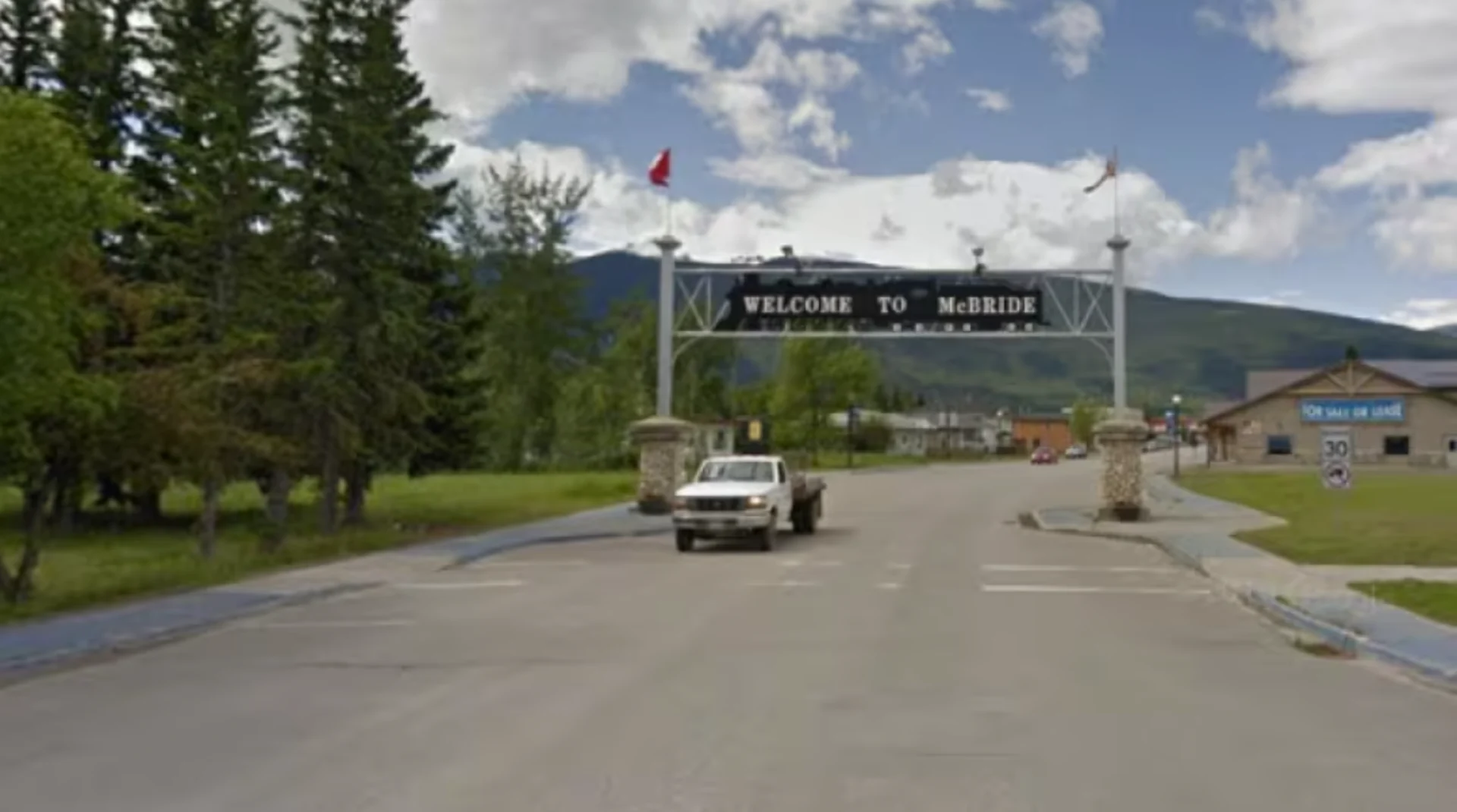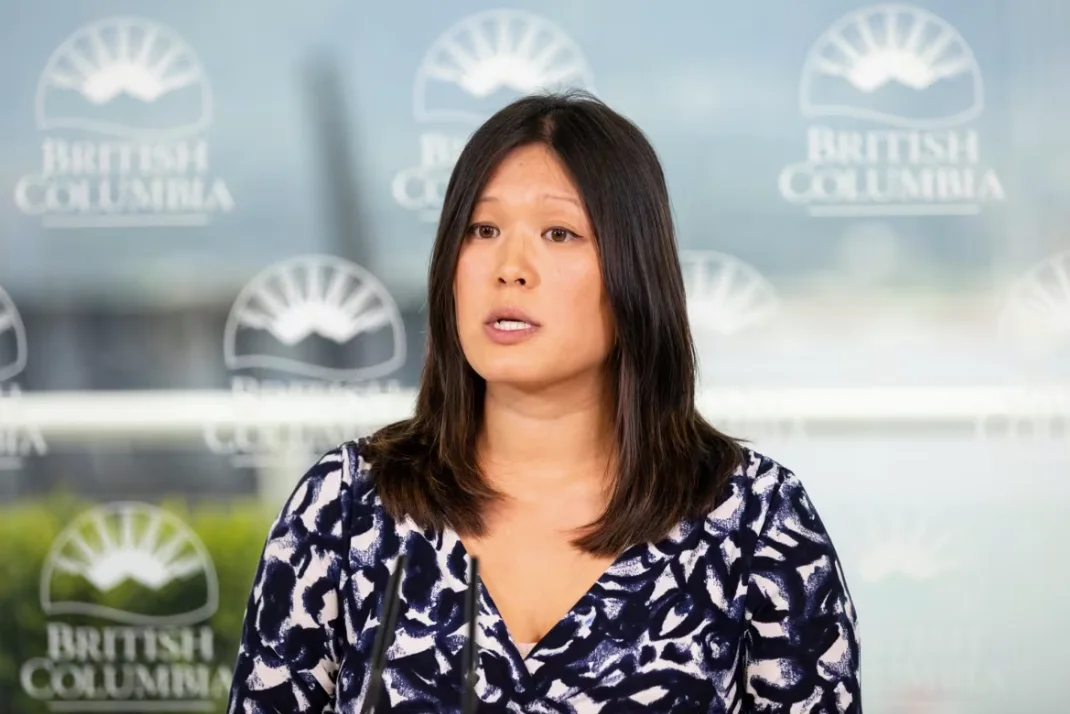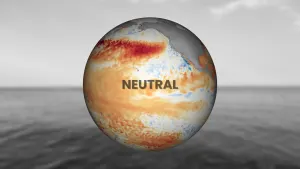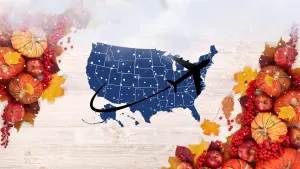
State of emergency extended in B.C. village as threat of water shortage looms
Gene Runtz is worried.
As the mayor of McBride, B.C., he is staring down the barrel of a potential water shortage this winter that could leave residents and firefighters desperate during a prolonged drought season.
The village, about 180 kilometres east of Prince George in central B.C., declared a state of emergency on Sept. 19 and restricted water usage the following day while under Stage 5 drought conditions — the highest level on the province's severity scale.
That state of emergency has now been extended until the end of October following a request from Runtz in writing to the Minister of Emergency Management and Climate Readiness, Bowinn Ma.
SEE ALSO: Sask. town declares state of emergency due to low water supply
"We are at a critical level that we have never been at before," said Runtz, speaking Thursday on CBC's Daybreak South.
He said the village municipality is bringing in a hydrologist to get some immediate data on water levels in Dominion Creek. The creek is the sole water source for the community of just under 600 people in the Robson Valley, close to the Alberta border.
Runtz said a current lack of data is making it hard to know what action to take, which could include building a temporary dam higher up the creek from where the current dam is, to try and catch what water might exist at higher elevations.
"We are really working with a situation that we do not have data and that's what just absolutely kills you," said Runtz, adding that he expects to be armed with more information within two weeks.
Dominon Creek is fed by the snowmelt from Lucille Mountain, which Runtz said usually has snow on it through June and July, and sometimes until mid-August.
In June, the B.C. government, after reviewing satellite imaging, warned Runtz that there was no snow left on Lucille.
"That is very, very historic because that had never happened before," said Runtz. "We are really worried."

Bowinn Ma, Minister of Emergency Management and Climate Readiness, speaks to media about drought conditions across the province in July 2023. The Minister has called the drought a 'sleeping giant of a natural disaster.' (Justine Boulin/CBC)
Since September, residents have been under a water use restriction order and are not permitted to use sprinklers, hand water outdoor plants, clean the exteriors of buildings and fill their pools or fountains.
That same month, McBride Fire Chief David Hruby, who is also a farmer, said the drought conditions are the worst he's ever seen in his over-four-decade career. He lives in the nearby community of Dominion Creek.
"This is the first time that we've ever been at this level," he said. "[There's] barely any water flowing through there."
Runtz said he is concerned not just about a lack of potable water for villagers, but also about a lack of water for combating fires. He said firefighters are looking at how to access water from the Fraser River in case of an emergency.
'Sleeping giant'
The province has yet to escape the repercussions of hot, dry weather in spring, summer and fall.
River levels remain dire, almost half the province's water basins continue to suffer drought impacts, and hundreds of wildfires still burn — some deep in the parched ground — as the worst fire season on record drags on.
WATCH: Dishwasher or sink? Tips for conserving water during widespread B.C. drought
Though some rainfall has eased conditions, 11 of the province's 34 watersheds are still at Level 4 or 5 drought conditions, meaning that harm to ecosystems and humans is likely or almost certain, according to the B.C. Drought Information Portal.
The B.C. government has been raising alarm bells about dire drought conditions for months.
All summer, provincial ministers, including Ma, and Forests Minister Bruce Ralston have pleaded with residents across the province to conserve water and understand that drought conditions would stretch far into the fall.
Ma has described this year's drought as a "sleeping giant of a natural disaster."
In July, during a public address about drought conditions, Ma said the province would be on stand-by to assist if local governments find themselves without water.
DON'T MISS: B.C. doubled its old wildfire record. Experts say we can take action now
"A reimbursement program is in place to reimburse First Nations and local governments for the transportation of alternate drinking water if required," said Ma on July 13.
"We have also released a notice to vendors so they can self-identify as being able to supply, and or transport, bottled or potable water or provide water treatment services such as desalination," she added.
A Thursday emailed statement from Ma's ministry said the province "may reimburse First Nations and local governments for transportation costs of alternate drinking water, if needed," but that McBride had not requested such help.
The statement said the ministry is still developing a list of vendors to assist with water transportation and is working closely with McBride through its ongoing drought.
"The ministry has expressed to the village that support would be available should water hauling become necessary," read the statement.
This article was written by and published for CBC News. It contains files from Bridgette Watson, Daybreak South and The Canadian Press.
Thumbnail image courtesy of Google Maps via CBC News.









